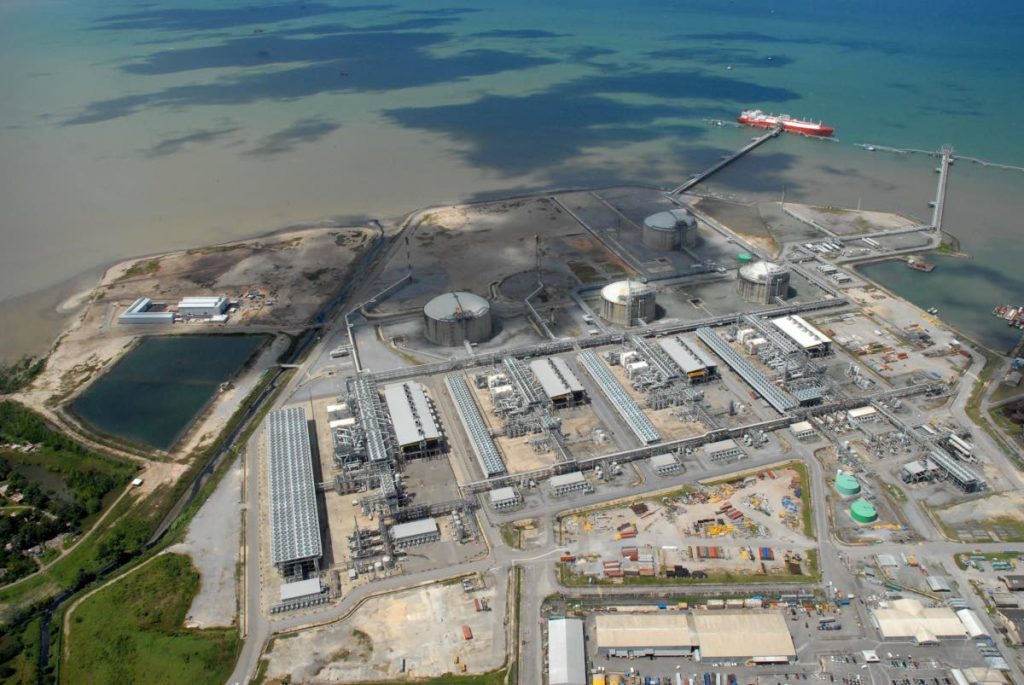Devaluation not the answer

DEVALUATION of the TT dollar is not a solution to this country's foreign exchange (forex) problems. Caribbean economist Marla Dukharan expressed this view in an interview with Business Day last week. "An overvalued currency is not sustainable but a devaluation in and of itself is not going to solve the underlying structural challenges that have existed for several years," she said.
Dukharan said while devaluation may be an option, she explained, "It has to be part of a comprehensive reform agenda because by itself, it will achieve little." Implemented on its own, all a devaluation may serve to do is make imports more expensive, drive inflation and by extension, drive renewed overvaluation of the currency.
To determine whether a devaluation could address TT's forex issues, Dukharan said one would have to determine whether the Marshall-Lerner condition is satisfied, that is, if exchange rate devaluation or depreciation will cause an improvement in the balance of trade. If this condition is satisfied and the exchange rate is optimal, Dukharan said the easy part of the problem is solved. The next part of the problem is to implement the necessary reforms to avoid a recurrence of the problem. She said fixing the fiscal deficit is the single most important reform which would be necessary to accompany a devaluation, in order to avoid a repeat of an overvalued currency.
Another important reform, Dukharan said, is having a mechanism where some market determination is captured in determining the exchange rate. This could be the auction mechanism in the Central Bank foreign currency injections. Beyond this, she suggested an inflation-targeting regime could be looked at, in terms of the bank's overarching policy. This would support overall macroeconomic stability, policy predictability and transparency, boost consumer and investor confidence and stem the flight to quality/excess demand for forex.

TT earns forex from several sources, including remittances; private and public sector investments made abroad; tourism and other services TT exports; and foreigners who invest in TT. But the majority of TT's forex earnings comes from its net exports from liquefied natural gas (LNG), other energy-related fuels (such as gasoline and diesel) and petrochemicals (such as ammonia and methanol).
In 2018, 86 per cent of TT's total exports came from the energy sector – a 9.2 per cent increase from 2017. The value of these exports was US$8.85 billion. Dukharan said this has been the highest level of export concentration on energy since 2011. This, she argued, shows the economy is becoming more energy dependent instead of becoming more diversified. In this context, Dukharan believes a switch to renewable energy generation in the medium to long term "will reduce the reliance on imported fuel and the demand for US dollars." Fuel imports last year amounted to US$1.76 billion, or 21 per cent greater than the total amount of non-energy exports for the year.
Sweeping and comprehensive ease of doing business reforms that support private-sector led growth and job creation, would help to ensure that there is some reasonable level of local manufacturing and therefore import substitution and exports, she suggested.
This would boost export earnings and reduce reliance on imports and foster an environment conducive to attracting foreign investment. But most importantly, none of these reforms would work in the absence of a clear plan or policy agenda to address the forex challenges. She said the government has not demonstrated it has such a plan and has not acknowledged there are problems in the first place.
So, is TT spending too much and earning too little? Dukharan said this appears to be the case.
She said the non-energy fiscal deficit (the size of the fiscal deficit if there was no energy revenue) was over $26 billion in the 2013/2014 financial year, and had largely retreated since then. But, she observed, in the current fiscal year's budget, that deficit climbed again and was $17 billion.
Apart from showing that Government depends heavily on the energy sector to finance its spending (which increased by $5 billion in the current fiscal year), Dukharan said non-energy exports have financed less and less of TT's import bill since 2013. At that time, she said, they financed 40 per cent of TT's import bill. Last year, Dukharan said, non-energy exports covered only 22 per cent of TT's imports. This equated to a value of US$1.45 billion.

Dukharan said the Finance Ministry is at 60 per cent year-on-year growth in oil revenues for this year at $9.52 billion. That oil production only met its target in February, so far, for the current fiscal year could have serious implications for fiscal revenue – the fiscal deficit target may not be met and the non-energy fiscal deficit could be wider than projected.
With respect to forex injections by the Central Bank into the system, Dukharan said these have been on a downward trend since October 2015. The total amount of forex injected by the bank in that year was US$1.4 billion. Last year, that figure was US$900 million. For January to July this year, Dukharan said the bank has injected an average of US$115.7 million per month. This, she continued, was about 16 per cent below the average for the January-July period for the last decade.
She said the International Monetary Fund said the TT dollar was overvalued by as much as 42 per cent. Another indicator that the TT dollar is overvalued, she said, is the existence of a black market where US dollars are sold for more than the official rate at about $7 or $8 to one US dollar. The official exchange rate is approximately $6.80 to one US dollar.
How could the market be brought into equilibrium? Dukharan said the Central Bank could allow some market determination to be done on the exchange rate. This happened in the past but the practice was abolished by the former People's Partnership government. Finance Minister Colm Imbert, she noted, has mentioned in some of his previous budget presentations that an auction system for forex injections would be reintroduced although it has not yet happened.
Dukharan recalled that in his mid-year review presentation in Parliament in May, Imbert spoke about Government's policy decision to defend the country's exchange rate. This, she said, suggests there is currently no intention to allow for market determination.
Is hoarding a cause for the forex problems in TT? Dukharan said hoarding is a misleading term. "As far as I understand it, people hold on to US dollars for a period of time, when possible, for a number of reasons." These include paying suppliers; paying for school fees for children who are enrolled in colleges overseas; paying medical bills; and for retirement.

Dukharan said there is the traditional motive of "flight to quality" where people try to buy and hold on to US dollars if they feel there is uncertainty.
Then there is the speculative motive, where people try to buy at the official price and profit by selling on the black market at a higher price and/or after there has been a devaluation of the TT dollar.
Dukharan said information regarding total deposits in commercial banks suggests the quantum of forex deposits has remained fairly stable since 2014 at around 23 per cent or over US$3 billion. "I would not consider this evidence of undue/unreasonable 'hoarding' especially given policy uncertainty, the mounting possibility of devaluation as reserves decline steadily and longstanding tightness in the forex market," she said.
On the relationship between online shopping and the online shopping tax and forex, Dukharan said, "For certain goods and services, one would expect that the quantity demanded would decline with an increase in price." She explained the tax being imposed "would effectively increase the price and thus should decrease spending on goods and services which are highly discretionary in nature since they are non-essential and there are local substitutes of comparable price and quality."
Dukharan argued that imposing a tax on online shopping actually devalues the TT dollar for a limited set of transactions. But she said for goods and services where the elasticity of demand would respond less to price, such as more essential or non-discretionary items, the tax may not have a major effect on demand and the amount imported.

Comments
"Devaluation not the answer"